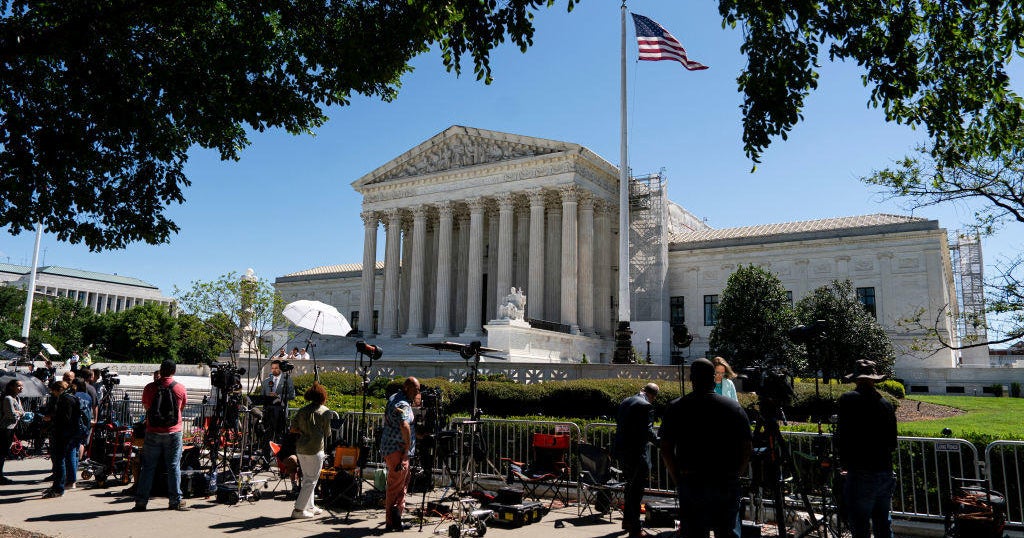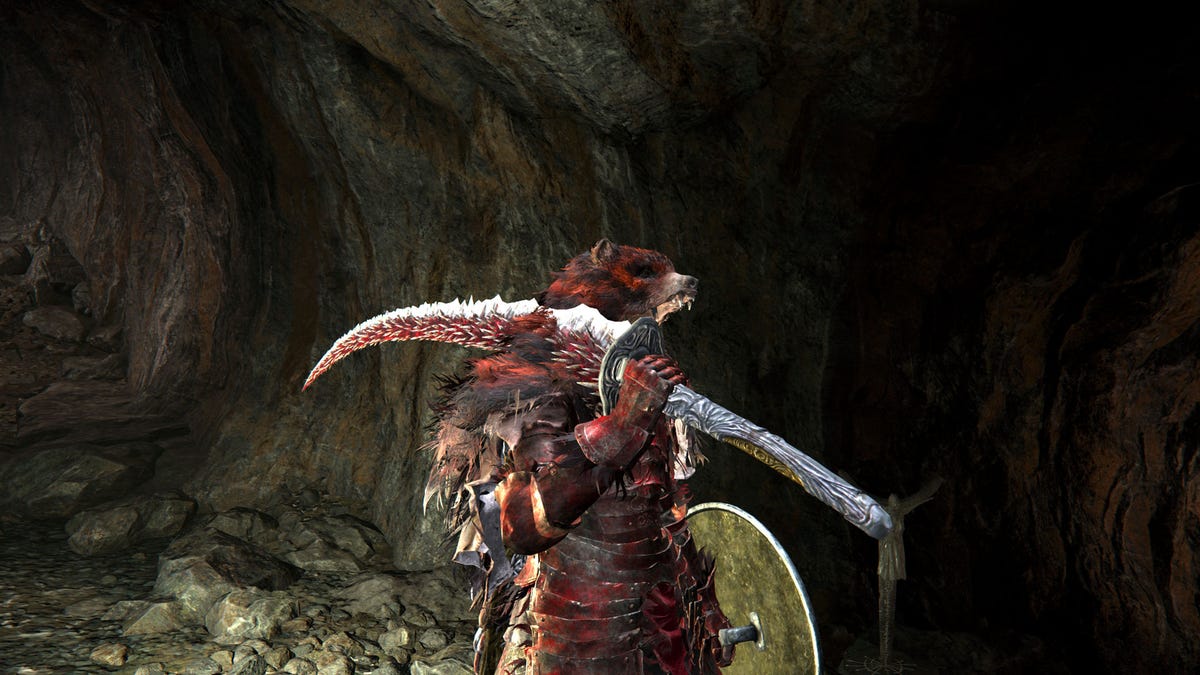More Newborns Are Dying Because of Texas’ Abortion Ban
As we already know, Texas’ total abortion ban has endangered many pregnant women’s lives, and, according to a new study published this week, it’s also correlated with a sharp increase in infant mortality across the state. Recall that, almost a year before the Supreme Court overturned Roe v. Wade and 14 states went on to impose total or near-total bans, Texas enacted S.B. 8, which bans abortion at six weeks and is enforced by the threat of costly civil lawsuits against anyone who provides or helps someone access an abortion. On Monday, a new study in JAMA Pediatrics compared infant death rates in Texas between 2018 and 2022 to those of 28 other states. The study found infant deaths in Texas rose by 13% the year after S.B. 8 took effect (September 2021), but in that same period, infant deaths rose just 2% nationwide. Researchers also found babies born with congenital anomalies, some of which are incompatible with life, increased by 23% during this period in Texas, despite decreasing by 3% nationwide. S.B. 8 bans abortion even in cases of severe fetal anomalies, meaning that in tragic cases, pregnant people will be forced to carry nonviable pregnancies and birth babies that may die shortly if not immediately after being born. Alison Gemmill, assistant professor of Population, Family and Reproductive Health at the Johns Hopkins Bloomberg School of Public Health, told NBC that these findings “might foreshadow what is happening in other states,” because “Texas is basically a year ahead.” The study’s publication incidentally coincides with the two-year anniversary of Dobbs v. Jackson Women’s Health, which overturned Roe v. Wade, leading to a wave of abortion bans particularly across the South and Midwest. Years before Dobbs, in 2017, the Center for Reproductive Rights published a report linking more state restrictions on abortion to both higher infant and maternal mortality rates. After all, when the full range of reproductive health care becomes less accessible, the pregnant person suffers, and their pregnancy consequently can, too. "Pro-life" politics have a tendency to be anything but, and if the Texas Republican Party appearing to support the death penalty for abortion in its official 2024 party platform didn't already prove this, then surely this new study does. Experts have also pointed to what the new study shows us about how families forced to carry nonviable pregnancies and birth babies that can’t survive are particularly impacted by strict abortion bans. “For each of these pregnancies, that’s a pregnant person who had to stay pregnant for an additional 20 weeks, carrying a pregnancy that they knew likely wouldn’t result in a live newborn baby,” Dr. Erika Werner, chair of obstetrics and gynecology at Tufts Medical Center, who was not involved in the research, told NBC. This research is especially ominous as we have reason to question the credibility of the state of Texas’ maternal mortality committee, which recently appointed an anti-abortion extremist who’s argued against rape exceptions to abortion bans by claiming nine and 10-year-old children can safely give birth. Two years after the Supreme Court overturned Roe, the consequences we’re seeing thus far—horrific maternal morbidities, thousands forced to travel across state lines for basic health care, worsening domestic violence, growing threats to birth control and IVF—are just scratching the surface. An increase in infant deaths in Texas speaks to another outcome effect of these laws, and one that’s likely already happening in at least a dozen other states.
As we already know, Texas’ total abortion ban has endangered many pregnant women’s lives, and, according to a new study published this week, it’s also correlated with a sharp increase in infant mortality across the state. Recall that, almost a year before the Supreme Court overturned Roe v. Wade and 14 states went on to impose total or near-total bans, Texas enacted S.B. 8, which bans abortion at six weeks and is enforced by the threat of costly civil lawsuits against anyone who provides or helps someone access an abortion. On Monday, a new study in JAMA Pediatrics compared infant death rates in Texas between 2018 and 2022 to those of 28 other states. The study found infant deaths in Texas rose by 13% the year after S.B. 8 took effect (September 2021), but in that same period, infant deaths rose just 2% nationwide. Researchers also found babies born with congenital anomalies, some of which are incompatible with life, increased by 23% during this period in Texas, despite decreasing by 3% nationwide. S.B. 8 bans abortion even in cases of severe fetal anomalies, meaning that in tragic cases, pregnant people will be forced to carry nonviable pregnancies and birth babies that may die shortly if not immediately after being born. Alison Gemmill, assistant professor of Population, Family and Reproductive Health at the Johns Hopkins Bloomberg School of Public Health, told NBC that these findings “might foreshadow what is happening in other states,” because “Texas is basically a year ahead.” The study’s publication incidentally coincides with the two-year anniversary of Dobbs v. Jackson Women’s Health, which overturned Roe v. Wade, leading to a wave of abortion bans particularly across the South and Midwest. Years before Dobbs, in 2017, the Center for Reproductive Rights published a report linking more state restrictions on abortion to both higher infant and maternal mortality rates. After all, when the full range of reproductive health care becomes less accessible, the pregnant person suffers, and their pregnancy consequently can, too. "Pro-life" politics have a tendency to be anything but, and if the Texas Republican Party appearing to support the death penalty for abortion in its official 2024 party platform didn't already prove this, then surely this new study does. Experts have also pointed to what the new study shows us about how families forced to carry nonviable pregnancies and birth babies that can’t survive are particularly impacted by strict abortion bans. “For each of these pregnancies, that’s a pregnant person who had to stay pregnant for an additional 20 weeks, carrying a pregnancy that they knew likely wouldn’t result in a live newborn baby,” Dr. Erika Werner, chair of obstetrics and gynecology at Tufts Medical Center, who was not involved in the research, told NBC. This research is especially ominous as we have reason to question the credibility of the state of Texas’ maternal mortality committee, which recently appointed an anti-abortion extremist who’s argued against rape exceptions to abortion bans by claiming nine and 10-year-old children can safely give birth. Two years after the Supreme Court overturned Roe, the consequences we’re seeing thus far—horrific maternal morbidities, thousands forced to travel across state lines for basic health care, worsening domestic violence, growing threats to birth control and IVF—are just scratching the surface. An increase in infant deaths in Texas speaks to another outcome effect of these laws, and one that’s likely already happening in at least a dozen other states.




































/cdn.vox-cdn.com/uploads/chorus_asset/file/25515007/VST_0702_Site.jpg)
/cdn.vox-cdn.com/uploads/chorus_asset/file/23923972/acastro_STK072_01.jpg)
/cdn.vox-cdn.com/uploads/chorus_asset/file/25508671/2158015570.jpg)
/cdn.vox-cdn.com/uploads/chorus_asset/file/25513863/https___cdn.sanity.io_images_xq1bjtf4_production_5655146b7d3320471fb6f605ad9c65581170fa86_6000x4000.jpg)


















































































